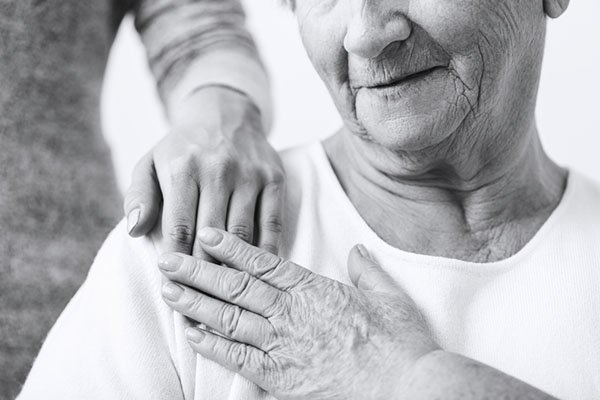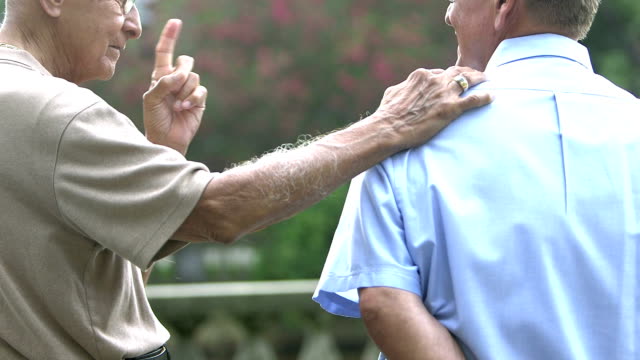In the last 30 years, mental health illness has swept Australia like a deadly plague.
With at least one in five Australians experiencing a mental health illness at some point in their life, it’s certain that people have been required to support their friends or family emotionally, or financially.
While parents are, in most circumstances, the first point of contact for mental health victims, they also receive close attention from support services. These support services could include consultations with mental health professionals, mental health clinic visits, or receiving at-home support by their parents.
“Many people with long term mental illnesses live with their parents and basically, for all types of reasons, they have complications with living in the community,” Helen Andrianakis says to The Greek Herald.
READ MORE: Why Greek youth are suffering in silence and the importance of intergenerational dialogue
READ MORE: George Laggis’ battle with suicidal thoughts and major depressive disorder
“They can’t live on their own or they have to monitor their medication. And the parents have to take on that role.”
Parents are the active support system for their children during the course of their life. However, what happens when this critical support system suddenly disappears, and there is not financial system or familial support left in place?
“From what I’ve seen, after the parents begin to deteriorate, the siblings aren’t looking after those people with mental health illness.”

Helen Eleni Andrianakis is a senior mental health drug and alcohol clinician and psychiatric nurse practitioner. Working in the mental health support industry for over 10 years, Helen has had deep experience with people who are reliant on support services.
Helen makes specific reference to a former client whose parents had passed on and left their inheritance to the children. As part of the conditions in their Will, the late parents required the siblings to dedicate a portion of the funds for mental health services for their brother.
“Well they didn’t do that,” Helen said bluntly.
“They just put him out on the street and took him to the crisis accommodation centre.”
Baffled upon hearing the news, Helen called the siblings about their decision receiving only two, very compassionate, words: “Tough luck”.

Ending up in a Special Residential Unit (SRS), the man is a representation of one in possibly thousands of mental health victims who are without proper support.
“There’s not enough institutions or SRS’ to place these people.
“They’re overpriced. You get very minimal support. A lot of them are very rundown.”
Yet while the government provides additional housing support and other free services to these victims, it sometimes still isn’t enough to talk them off the cliff edge.
“At the end of the day we all want to live with dignity,” Helen says.
“The stigma is already there but you need to be monitored, siblings need to be there.”

St Vincent’s Private Hospital in Sydney, Royal Prince Alfred Hospital in Camperdown, and the Alfred hospital in Melbourne are only a few centres that provide special mental health clinics for patients. These clinics provide support for all kinds of mental health illnesses, including those which are developed through alcohol and drug abuse.
The Australian Institute of Health recognises a strong, yet complex relationship between mental health and alcohol and other drug use. A mental illness may make a person more likely to use drugs to provide short-term relief from their symptoms, while other people have drug problems that may trigger the first symptoms of mental illness.
“Just because they’ve taken this path, whether it’s from drugs or being born with a mental illness…. Once they deteriorate it’s hard to manage them and get them back on that stable level.”
Suicide is the leading cause of death for Australians aged 25-44, and it is vital that at-risk people are closely monitored, whether it be by family or friends.

“Siblings should respect parents’ wishes and follow through to look after the complex care family member, rather than they just boot them out to the street,” Helen says.
“We know some of these family members are difficult to deal with but at the end of the day, we’re not here to judge and kill these people.”
One of the greatest signs of deterioration is a decrease in personal hygiene, Helen explains. This is followed by not eating, not looking after themselves, disturbing and anti-social behaviour.
If you notice any of these symptoms in close family members or friends, urge them to reach out to the following support helplines, or visit one of the support clinics listed above.
BeyondBlue 1300 22 4636; Lifeline 13 11 14; Kids Helpline 1800 55 1800
Do you have a question you want to ask Helen? Email us at info@foreignlanguage.com.au
